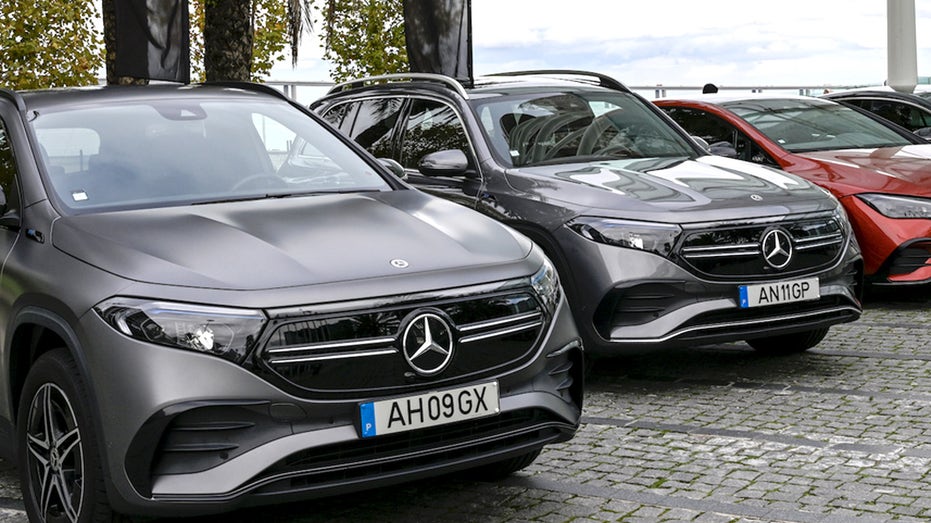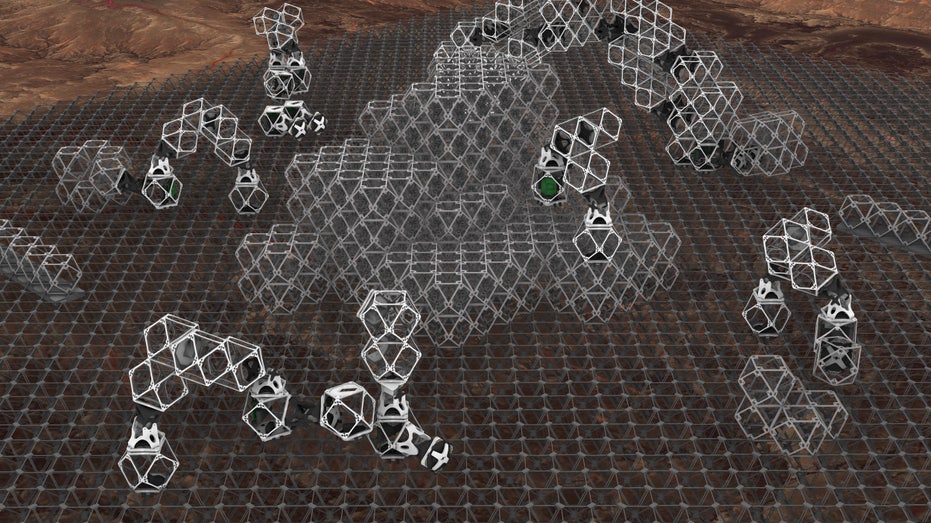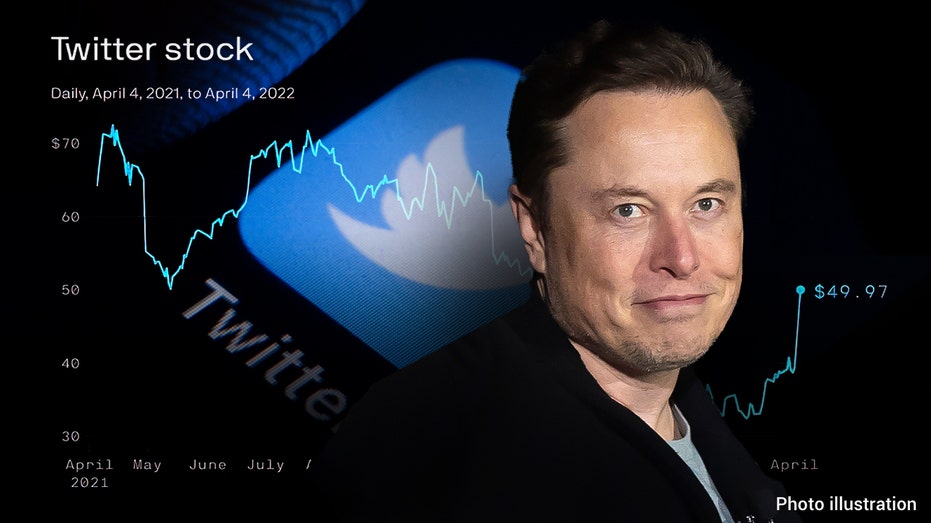FTC may block Activision Blizzard-Microsoft sale, faster Mercedes and more: Monday's 5 things to know
Federal Trade Commission is likely to file an antitrust lawsuit to block Microsoft's acquisition of Activision Blizzard
Rail Strike could temporary lead to loss of 700,000 jobs: John Lonski
Thru the Cycle president gives his take on the impact of a possible rail strike and the state of the U.S. economy on 'Maria Bartiromo's Wall Street.'
Here are the key events taking place this week that could impact trading.
ANTITRUST LAWSUIT: Shares of Activision Blizzard fell $3.12, or 4.1%, to $73.47 after Politico reported late Wednesday that the Federal Trade Commission was likely to file an antitrust lawsuit to block its acquisition by Microsoft.
Shares of Manchester United jumped $2.41, or 13%, to $21.21, continuing to gain on news that the controlling Glazer family is exploring a sale.

The Activision Blizzard Booth during the Electronic Entertainment Expo in Los Angeles, June 13, 2013. (AP Photo/Jae C. Hong / AP Images)
GOING FASTER: Mercedes-Benz is releasing a new "Acceleration Increase" feature for its electric vehicles that costs $1,200 a year for drivers to "unleash enhanced performance" of their cars.
EU'S CALL OF DUTY: PROBE MICROSOFT-ACTIVISION BLIZZARD DEAL
The subscription will allow the Mercedes-EQ EQE and Mercedes-EQ EQS to accelerate from 0 to 60 mph .8 to 1.0 seconds faster through "fine tuning of the electric motors," according to the German automaker.
"The feeling of driving your Mercedes-EQ is a new experience every day – particularly its powerful, immediate acceleration," Mercedes explains. "Acceleration Increase boosts this performance even further: electronically increasing the motor's output also increases the torque significantly, giving you a faster 0-to-60 MPH time."
VOLKSWAGEN CEO REVEALS WHY COMPANY WILL PLAY A ‘MAJOR ROLE’ IN EV MARKET

Presentation of the new Mercedes-Benz EQ electric vehicles on November 07, 2022, in Lisbon, Portugal. (Horacio Villalobos Corbis/Corbis via Getty Images / Getty Images / Getty Images)
Once the feature is unlocked for the yearly $1,200 fee, the car's maximum motor output will increase by 20 to 24%.
The subscription is coming soon in the U.S. A spokesperson for Mercedes-Benz did not respond to questions on Sunday about the timetable for its release.
ROBOTIC BREAKTHROUGH: Massachusetts Institute of Technology (MIT) researchers are building swarms of tiny robots that have a built-in intelligence, allowing them to build structures, vehicles, or even larger versions of themselves.
The subunit of the robot, which is being developed at MIT's Center for Bits and Atoms, is called a voxel and is capable of carrying power and data.
"When we’re building these structures, you have to build in intelligence," MIT Professor and CBA Director Neil Gershenfeld said in a statement. "What emerged was the idea of structural electronics — of making voxels that transmit power and data as well as force."
ELON MUSK DELAYS NEURELINK'S ‘SHOW AND TELL’ EVENT BY A MONTH

Each individual ‘voxel’ is not only a building block, but is also loaded with power and data that give it the power to work with other units during assembly. (Courtesy of the researchers / Fox News)
The voxels make up both the robot itself as well as the components of the thing being built, allowing them to work together on larger structures.
"It could build a structure, or it could build another robot of the same size, or it could build a bigger robot," CBA doctoral student Amira Abdel-Rahman said in a statement.
While the research is promising, it will likely be years before we see self-replicating robot swarms, according to Gershenfeld.
STOCK RECAP: U.S. stocks ended a shortened trading session Friday mixed, with markets subdued following Thursday's Thanksgiving holiday.
The S&P 500 fell 1.14 points, or less than 0.1%, to 4026.12. The tech-heavy Nasdaq Composite Index dropped 58.96 points, or 0.5%, to 11226.36. The Dow Jones Industrial Average rose 152.97 points, or 0.4%, to 34347.03. U.S. stock markets closed early at 1 p.m. ET.
Despite the interruption of the holiday, equities continued their recent winning streak. The S&P 500 rose 1.5% for the week, and has risen four of the last six weeks.
DISNEY INKED $10M DEAL WITH BOB IGER TO CONSULT HIS REPLACEMENT DESPITE ICY RELATIONSHIP: REPORT

Traders work on the floor at the New York Stock Exchange in New York, Thursday, Nov. 10, 2022. (AP Photo/Seth Wenig / AP Images)
The Dow gained 1.8% last week, and has risen in six of the past eight weeks.
Investors have been watching Black Friday crowds for clues on how spending among U.S. consumers is holding up amid high inflation and rising borrowing costs. Recent economic data has suggested consumers continue to spend, but analysts have a mixed outlook for the crucial holiday period.
S&P Global Market Intelligence expects holiday sales to rise 4.5% this year, slowing from last year's 12.6% pace but still above prepandemic levels.
"In the U.S., we could have an OK holiday season," said Peter Garnry, head of equity strategy at Saxo Bank. But adjusting for inflation, holiday sales are expected to decline for the first time since 2009, according to S&P Global, suggesting that people are buying fewer, higher-priced items.
"It was very easy in the first stage of inflation because there was this buildup of savings," said Garnry. "We've eaten through that surplus and now we're getting to the more difficult stage of this inflation shock."
Nevertheless, U.S. stocks had historically done well on Black Friday. The S&P 500 had risen in 50 of the previous 71 Black Friday trading sessions, not counting this year, according to Dow Jones Market Data.
TWITTER SIGNUPS RISE: Despite warning of a "massive drop in revenue" due to an advertiser exodus earlier this month, new Twitter owner Elon Musk said Saturday that sign-ups on the platform are at an all-time high.
There were more than two million new sign-ups per day on average in the week that ended Nov. 16, a 66% increase over the same time frame last year, according to slides from a recent company talk that Musk tweeted out on Saturday.
User active minutes were also at an all-time high, while daily active users were closing in on 254 million, Musk said.
"I think I see a path to Twitter exceeding a billion monthly users in 12 to 18 months," Musk tweeted at author and psychologist Jordan Peterson, who was allowed back on the platform last week after being suspended earlier this year.
IRELAND COURT BLOCKS ELON MUSK FROM FIRING TOP TWITTER EXEC

Elon Musk is the new CEO of Twitter after he purchased the social media giant for $44 billion. ( Getty Images / Getty Images)
While sign-ups are at an all-time high, Musk has blamed a "massive drop in revenue" on "activist groups pressuring advertisers" to leave the platform.
A coalition of activists called Stop Toxic Twitter has been calling on big companies to drop advertising on the platform "until Musk can invest in and prioritize teams that can robustly enforce Twitter’s existing community standards."
CLICK HERE TO READ MORE ON FOX BUSINESS
Despite those calls, hate speech impressions were lower on Twitter in the week that ended Nov. 13, compared to the same time last year, according to Musk.




















